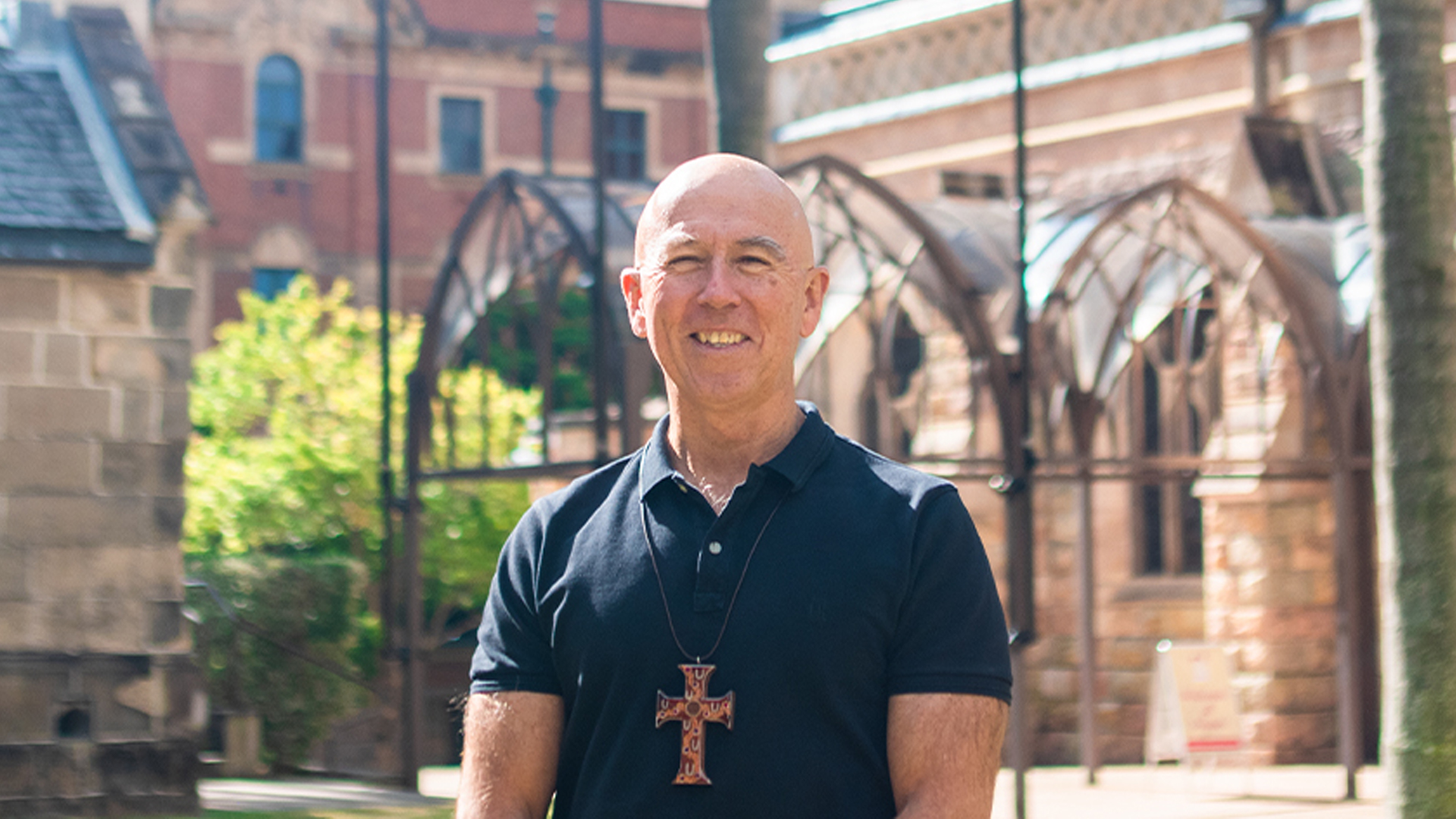By Bishop Tim Norton
A recent visit of a prominent international priest and theologian to Australia sparked memories of Sam (not his real name), one of my best friends in life. We went to school together in Sydney from our earliest teenage years, spending time at each other’s houses, sharing a love of breeding birds, and getting to know each other’s families.
After high school, we socialised with the same friendship group.
Sam was exceptionally bright. We went to the same university where he studied medicine, and I took first year Arts. (I subsequently transferred to do a Bachelor of Applied Science in Physiotherapy). We often travelled to uni together by car in that first year and chatted about all sorts of life issues on the journey. There was a point where Sam began to talk about having no purpose in life, and more than once said that the world would be a better place without him. This was new territory in our sharing. I was alarmed but did my best to listen.
One evening just before Christmas, he suggested we go for a meal at a Chinese restaurant. I remember it so clearly! He told me that this would be a “night of acceptance”. When we sat down, he told me: “Tim, I’m gay”.
This was in 1977. We were 19 years old. I then had limited understanding of what that really meant. I went home that night and, for the first time ever, woke up Mum and Dad to talk with them.
Mum was startled and thought there had been an accident. I was sitting on the end of their bed trying to explain the conversation I’d had with Sam.
My Dad listened to what I said, thought for a while and asked me: “So, is Sam still your mate?”
Without hesitation, I said: “Yes”.
Dad said: “Then I think it’s probably going to be OK.”
That advice helped prepare me for a task that Sam had given me – to go and talk with his parents who he had only ‘come out’ to the previous day. His three older sisters and younger brother were supportive. His parents were shocked because, like me, they had no idea this was coming. At least we had that in common. It was a difficult conversation, but I know they appreciated my ongoing friendship with Sam. They took a long time to come to terms with Sam’s new understanding of himself.
As a result of this, our friendship group began to change. A few friends, both male and female, slowly began to move away from Sam. That was difficult, and made me angry. Sam began to make some new friends, and he often invited me into that group. I remained firm friends with him and his family, and he attended my ordination to priesthood. Sam told Mum how proud he was of me.
A few years later, my friend had become an outstanding surgeon. He was a specialist and doing very well in his field in Sydney. But he would not be with us for long. He contracted HIV, and soon had AIDS. He fought the good fight but, on one of my trips home from Mexico, he told me that we would not meet each other again. I was devastated when I received the news that he had died.
I was reminiscing on these events during a recent visit to Brisbane by priest and theologian James Alison. James was raised in the UK, where his father was an MP in Margaret Thatcher’s government. From a young age, James knew he was gay.
He joined the Dominicans in the 1980s and worked closely in Brazil with people living with AIDS. He says that he fell in love too often to stay with the Dominicans, so he left them. However, he was not laicised.
He subsequently attempted to join two dioceses in Latin America. As he was open about his sexuality, he was told this was a serious impediment. He continued his life, developing a reputation as an international theologian. However, he admits there were some dark times – like my friend Sam.
That changed in 2017 when he received a personal phone call from Pope Francis. After responding to the Pope’s greeting with “Are you serious?” James recalls the Pope’s words:
“I want you to walk with deep interior freedom, following the Spirit of Jesus. And I give you the power of the keys. Do you understand?” The power of the keys gave James universal faculties to preach and confess.
James has brought his new freedom to visits across the world, including in his recent trip to Brisbane. It is clear that the attitude of many Australians towards homosexuality has changed since the agonising moments that Sam endured in the late 1970s. And we hope and pray that gay people here are much less in that dark space.
But that isn’t the case in many parts of the world where gay people are reviled and persecuted. Our increasingly open and pastoral attitude in the Australian Church to people who are gay is not yet in synch with our moral teaching. There is work to be done in this area by all of us.
